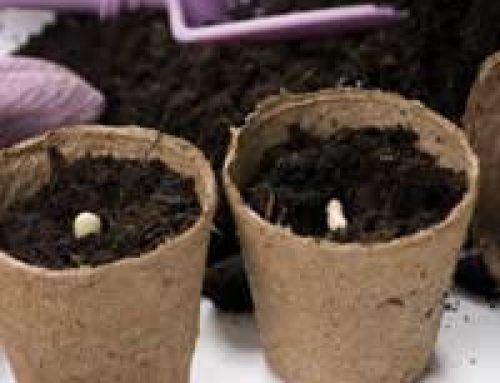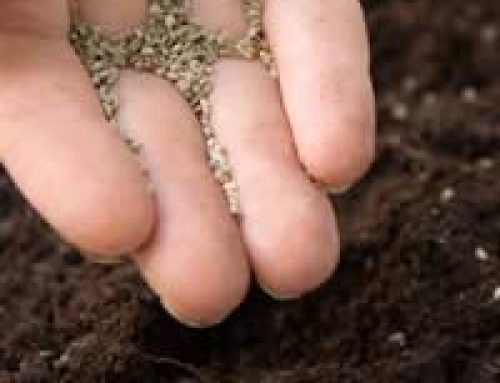
It is hardly surprising that many elderly people enjoy gardening as it’s a healthy way of maintaining your fitness and is an activity which can be as strenuous or gentle as you want it to be as you can carry out tasks which suit your capabilities.
Even if you have some kind of disability or a type of medical condition which means your gardening activities need to be carefully considered, there are many things you can do, adaptations you can make and specialist equipment you can buy to make gardening accessible to you.
Physical Health Benefits
Gardening can involve walking, bending, stretching and reaching – whether it’s pruning branches, planting seeds or digging up weeds, so it’s good exercise for pensioners in helping them with their flexibility and mobility. Furthermore, it can help to stave off debilitating conditions such as osteoporosis which becomes increasingly common in pensioners.
Tasks such as carrying a watering can to plants, pushing a wheelbarrow or moving or lifting pots are weight bearing activities which, as well as helping to strengthen muscles and bones is also good for your heart and blood flow.
Many pensioners can suffer with arthritis and other related conditions as they get older. This means they’ll often encounter problems with stiff joints and a lack of movement in the hands and fingers is a commonly cited problem.
However, as well as some of the heavier tasks such as lifting up heavy pots and digging, smaller and more intricate tasks such as picking out stones from the soil and inspecting plants for pest disease also help with the smaller movements in the hands, which helps with fingers and thumb co-ordination.
Mental Health Benefits
Gardening is also a very therapeutic form of exercise mentally. In the spring and summer months, in particular, what could be better than getting outdoors in the warm weather watching and listening to the nature and wildlife all around you? Gardening in your elderly years has helped people to reduce their stress levels and it keeps you mentally stimulated too.
It can also help in social interaction in that you may be able to chat to your next door neighbour who may be gardening at the same time or you might even wish to become a member of your local gardening club or horticultural society. Therefore, it’s not an activity that necessarily needs to be carried out in total isolation.
After a gardening session, it’s the perfect opportunity to relax which is also important and, if you have trouble sleeping, gardening can be the perfect solution as all that fresh air and physical exertion should result in you having no trouble in getting off to sleep at night.
Gardening Activities
Obviously, you need to consider what type of gardening activities you want to get involved in. These may depend upon your physical condition and any limitations you might have. However, there is something for everyone in gardening – from the strenuous to the gentler forms of exercise. These could include:
- Planting, digging and sowing
- Pruning and clipping
- Flower picking and flower arranging
- Preparing fruits and vegetables for harvest
- Growing and cooking your own produce
Therefore, gardening when you’re elderly has so many physical and mental health benefits as well as offering you an ideal opportunity to get outdoors more often which can only be good for your health. If, however, you have physical limitations which you feel might affect your ability as a gardener, speak to your GP first who will be able to offer you sound advice.





The term wheelchair bound should be replaced by wheelchair user in your literature.